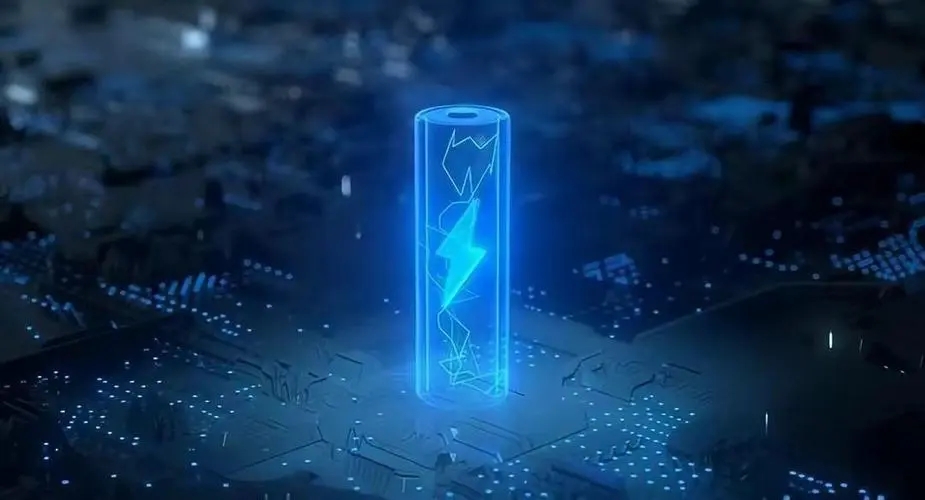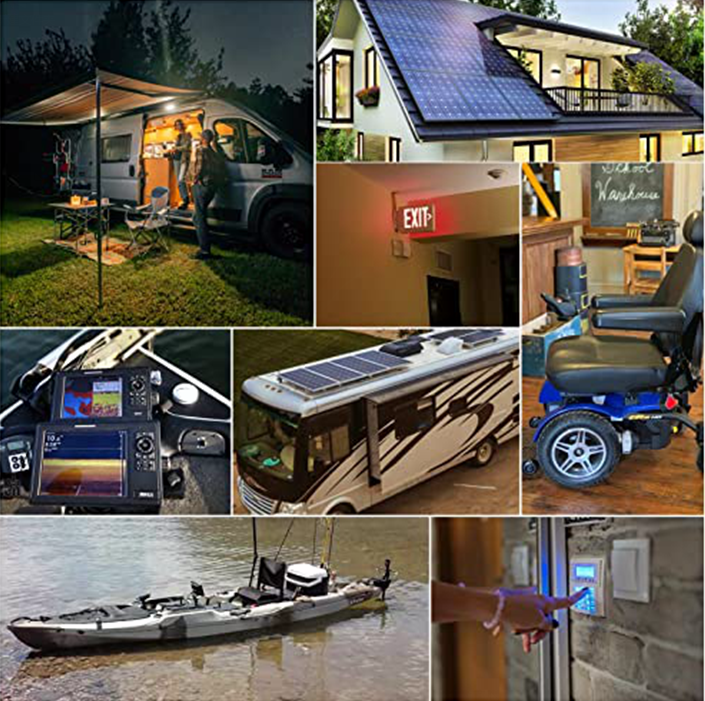Advancements in Low-Speed Electric Vehicles: Lithium Battery Technology Takes the Lead
In recent years, there has been a significant shift towards eco-friendly transportation options, and low-speed electric vehicles (LSEVs) have emerged as a promising alternative. These vehicles are designed for short-distance commutes and are particularly popular in urban areas where congestion and pollution are major concerns. One key factor that has contributed to the increasing popularity of LSEVs is the advancements in lithium battery technology, which has greatly improved their performance and range.
LSEVs are typically powered by batteries that provide electrical energy to the motor, enabling the vehicle to move. Over the years, various battery technologies have been used in LSEVs, including lead-acid batteries, nickel-metal hydride (NiMH) batteries, and lithium-ion batteries. However, lithium battery technology has emerged as the frontrunner due to its superior characteristics and advantages.
One of the main advantages of lithium batteries is their energy density. Lithium-ion batteries have a much higher energy density compared to lead-acid and NiMH batteries, meaning they can store more energy in a smaller and lighter package. This translates to increased range and longer operating time for LSEVs. With advancements in lithium battery technology, LSEVs can now travel further distances on a single charge, making them more practical for daily commuting.
In addition to higher energy density, lithium batteries also have a longer lifespan compared to other battery types. Lead-acid batteries, for example, tend to degrade quickly and require frequent replacements. On the other hand, lithium batteries can last for several years, reducing the overall maintenance cost of LSEVs. This improved longevity makes LSEVs a more sustainable and cost-effective transportation solution.
Furthermore, lithium batteries offer faster charging times, which is a significant advantage for LSEV owners. With advancements in charging infrastructure, it is now possible to charge a lithium battery to full capacity in just a few hours. This means LSEV owners can conveniently recharge their vehicles overnight or during short breaks, allowing for uninterrupted usage during the day.
Another crucial aspect of lithium battery technology is its environmental impact. Unlike lead-acid batteries, lithium batteries do not contain hazardous materials such as lead and sulfuric acid, making them safer to handle and dispose of. Additionally, lithium batteries are highly recyclable, reducing the environmental footprint of LSEVs. This aligns with the overall goal of eco-friendly transportation and contributes to a cleaner and greener environment.
The advancements in lithium battery technology have not only improved the performance of LSEVs but also expanded their applications. Today, LSEVs are not limited to golf courses or gated communities; they are increasingly being used for various purposes such as food delivery, campus transportation, and urban commuting. The enhanced range and durability provided by lithium batteries have made LSEVs a viable option for a wide range of users.

While lithium battery technology has taken the lead in LSEVs, it is important to note that there are ongoing efforts to further improve battery performance and sustainability. Researchers are exploring new materials and designs to enhance energy storage capabilities and reduce production costs. Additionally, advancements in battery management systems and smart charging technologies are being developed to optimize battery usage and prolong lifespan.
In conclusion, advancements in lithium battery technology have revolutionized the low-speed electric vehicle industry. With their higher energy density, longer lifespan, faster charging times, and environmental benefits, lithium batteries have become the preferred choice for powering LSEVs. As technology continues to advance, we can expect even more exciting developments in the field of low-speed electric vehicles, making them an increasingly attractive and sustainable transportation option for the future.
-
 In today\'s fast-paced and technology-driven world, energy needs are increasing day by day. From smartphones to laptops, electric cars to homes, and even renewable energy systems, we rely heavily on batteries to keep our devices and appliances running smoothly. And when it comes to batteries, lithium-ion technology has become the go-to solution for most applications. One of the most...En savoir plus
In today\'s fast-paced and technology-driven world, energy needs are increasing day by day. From smartphones to laptops, electric cars to homes, and even renewable energy systems, we rely heavily on batteries to keep our devices and appliances running smoothly. And when it comes to batteries, lithium-ion technology has become the go-to solution for most applications. One of the most...En savoir plus -
 As an important branch of lithium-ion battery, lithium iron phosphate battery has occupied a place in the new energy field with its unique safety and stability. However, with the rapid development of new energy technologies and the intensification of market competition, we can't help but ask: Is lithium iron phosphate battery really a reliable choice in the new energy field?...En savoir plus
As an important branch of lithium-ion battery, lithium iron phosphate battery has occupied a place in the new energy field with its unique safety and stability. However, with the rapid development of new energy technologies and the intensification of market competition, we can't help but ask: Is lithium iron phosphate battery really a reliable choice in the new energy field?...En savoir plus -
 If you're looking to upgrade your motorcycle or other vehicle's battery, a 12V lithium starter battery could be the perfect choice for you. These batteries offer several advantages over traditional lead-acid batteries, including increased power, longer lifespan, and lighter weight. First and foremost, lithium starter batteries offer increased power compared to lead-acid alternatives. This means faster and more reliable...En savoir plus
If you're looking to upgrade your motorcycle or other vehicle's battery, a 12V lithium starter battery could be the perfect choice for you. These batteries offer several advantages over traditional lead-acid batteries, including increased power, longer lifespan, and lighter weight. First and foremost, lithium starter batteries offer increased power compared to lead-acid alternatives. This means faster and more reliable...En savoir plus -
 When it comes to embarking on outdoor adventures, having a reliable power source is crucial. Whether you are camping in the wilderness, exploring remote areas, or simply enjoying a weekend getaway in your camper van, a lithium camper battery can be your ultimate power solution. With its versatility, durability, and long-lasting performance, a lithium camper battery is designed to meet...En savoir plus
When it comes to embarking on outdoor adventures, having a reliable power source is crucial. Whether you are camping in the wilderness, exploring remote areas, or simply enjoying a weekend getaway in your camper van, a lithium camper battery can be your ultimate power solution. With its versatility, durability, and long-lasting performance, a lithium camper battery is designed to meet...En savoir plus -
 Introduction: The 12V 100Ah Lithium LiFePO4 Battery is an innovative and technologically advanced battery that is designed for long-lasting power on the go. This battery is made of lithium iron phosphate, which is a type of rechargeable battery that has a longer lifespan and is more stable than conventional lead-acid batteries. Features: The 12V 100Ah Lithium LiFePO4 Battery has...En savoir plus
Introduction: The 12V 100Ah Lithium LiFePO4 Battery is an innovative and technologically advanced battery that is designed for long-lasting power on the go. This battery is made of lithium iron phosphate, which is a type of rechargeable battery that has a longer lifespan and is more stable than conventional lead-acid batteries. Features: The 12V 100Ah Lithium LiFePO4 Battery has...En savoir plus -
 Introduction In recent years, the advancements in technology have revolutionized various sectors, including the military. One significant development is the application of lithium batteries in military equipment. Lithium batteries have become the preferred choice due to their high energy density, lightweight nature, and extended lifespan. This article aims to discuss the advancements of lithium batteries in military equipment, highlighting their...En savoir plus
Introduction In recent years, the advancements in technology have revolutionized various sectors, including the military. One significant development is the application of lithium batteries in military equipment. Lithium batteries have become the preferred choice due to their high energy density, lightweight nature, and extended lifespan. This article aims to discuss the advancements of lithium batteries in military equipment, highlighting their...En savoir plus -
 Cars require batteries to provide the electrical energy needed to start the engine, power the lights, and operate various electronic components. Starter batteries serve as an essential component in automotive starting systems, enabling the engine to crank up and start quickly and reliably. Choosing the right starter battery supplier is crucial for the optimal performance, safety, and longevity of a...En savoir plus
Cars require batteries to provide the electrical energy needed to start the engine, power the lights, and operate various electronic components. Starter batteries serve as an essential component in automotive starting systems, enabling the engine to crank up and start quickly and reliably. Choosing the right starter battery supplier is crucial for the optimal performance, safety, and longevity of a...En savoir plus

